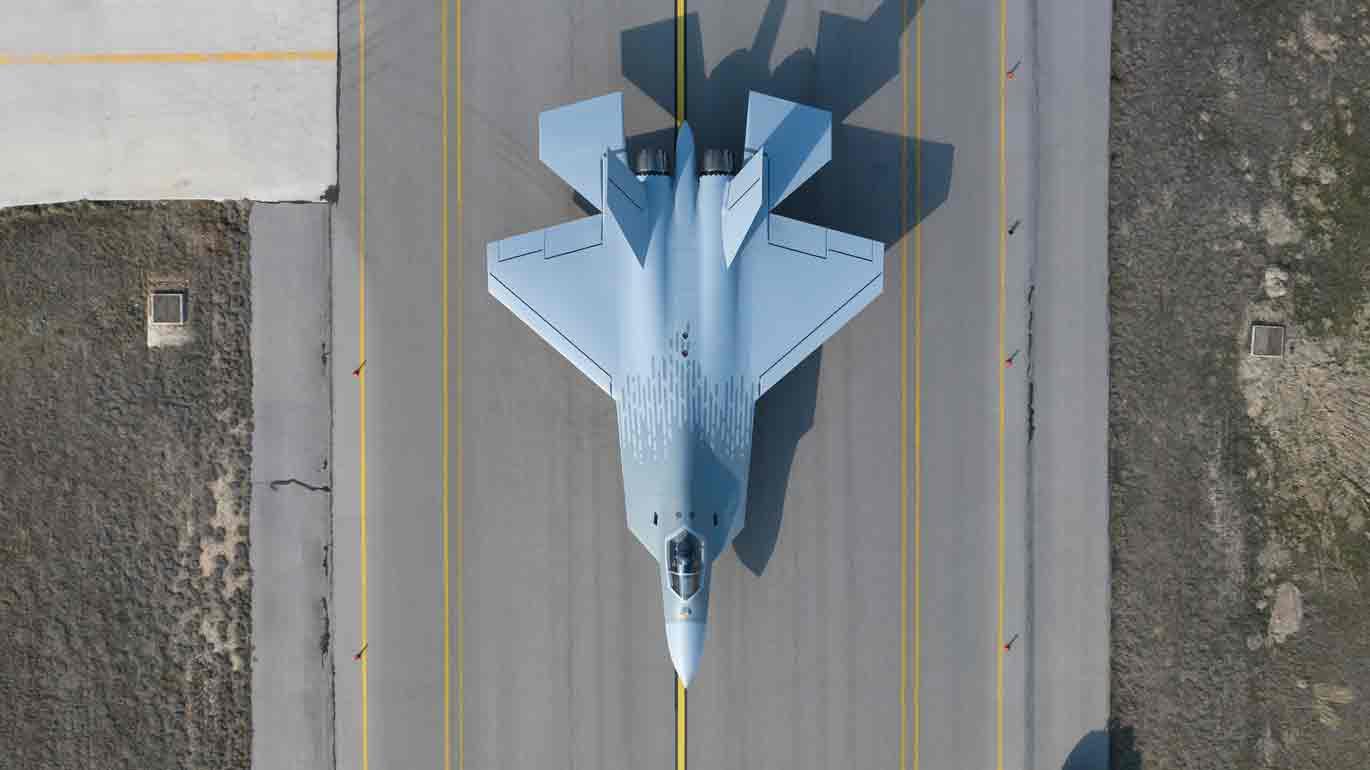
Email più intelligenti, business più veloce. Tag automatici, analisi e risposte immediate a richieste, preventivi, ordini e altro.
Tendenze
Kaan Prototype Flights Delayed to 2026 Due to Supply Chain Issues

Kaan Prototype Flights Postponed to 2026 Amid Supply Chain Disruptions
At the Paris Air Show in Le Bourget, Turkish Aerospace Industries (TAI) announced a delay in the first flight of its next-generation Kaan combat aircraft prototypes, now scheduled for 2026. TAI General Manager Mehmet Demiroglu attributed the postponement to persistent supply chain and manufacturing difficulties. The company had initially targeted the end of 2024 for the maiden flight of the P1 prototype.
To date, TAI has conducted two flights with the P0 development aircraft, which was originally designed for ground testing but later adapted for flight trials. The forthcoming prototypes—P1, P2, and P3—are intended to more accurately represent the final production model. According to the revised timeline, the P1 prototype is expected to take to the skies in the first quarter of 2026, followed by P2 in the second quarter, and P3 in early 2027. Overall, six flying prototypes are planned to expedite the Kaan flight test program. Demiroglu emphasized the company’s commitment to accelerating testing efforts, stating an intent to “fly like crazy” to recover lost time.
While the delay is characterized as minor, it introduces new challenges for TAI. The extended timeline may lead to increased costs and could affect the planned service entry of the Kaan, currently slated for late 2028 with the delivery of the first Block 10 aircraft to the Turkish Air Force. Demiroglu acknowledged that the initial Block 10 configuration will have a limited operational envelope.
Competitive Pressures and International Partnerships
The postponement has elicited concerns regarding the reliability and competitiveness of TAI’s fighter jet program, especially as global rivals advance their own projects. Notably, Safran recently unveiled the M88 T-Rex engine for the Dassault Aviation Rafale, while Northrop Grumman is expanding production of the B-21 bomber amid evolving industry dynamics. These developments highlight the competitive environment in which the Kaan program seeks to establish itself internationally.
Despite these challenges, TAI continues to attract international interest. Demiroglu reaffirmed that Indonesia has signed an agreement for 48 Kaan aircraft, although Indonesian officials have described this figure as indicative rather than final. Clarifying the nature of the accord, Demiroglu stated that it goes beyond a memorandum of understanding, with technical details still to be finalized in the coming months. He described Indonesia’s early commitment as a significant vote of confidence in both TAI and the Kaan program, asserting, “From an ordering and decision-making point of view, we can say it is done.”
The agreement with Indonesia is expected to encompass technology transfer, bilateral knowledge-sharing, and collaboration with Indonesia’s industrial base for production and support of the Kaan fleet. Additionally, Demiroglu confirmed ongoing interest from Saudi Arabia and hinted at the possibility of another nation joining the Kaan program within the next year, suggesting further expansion of the aircraft’s international footprint.
Meanwhile, the future of the T-70 Black Hawk helicopter program remains uncertain. TAI was contracted in 2014 to produce 109 S-70 Black Hawks upgraded to the T-70 standard, but shifting priorities and industry challenges have cast doubt on the program’s continuation.